
One of the more often mentioned people on Liederabend is not a composer, a poet, a singer or a pianist. In fact, I don't ever mention his name but I do use his surname initial, D, followed by some numbers. Today, it is the very first time I write his full name, Otto Erich Deutsch. We owe Deutsch the first comprehensive compilation of Franz Schubert's works, a catalogue taken as a reference. Like all the people who systematised information at that time (not long ago) when computers didn't exist, Otto Deutsch deserves my admiration and respect. I might even feel a little envious, I'd love to know his working method and his sorting system, I guess he used index cards. Order and beauty, do you remember? Otto Deutsch and his colleagues dedicated themselves to bring order to beauty.
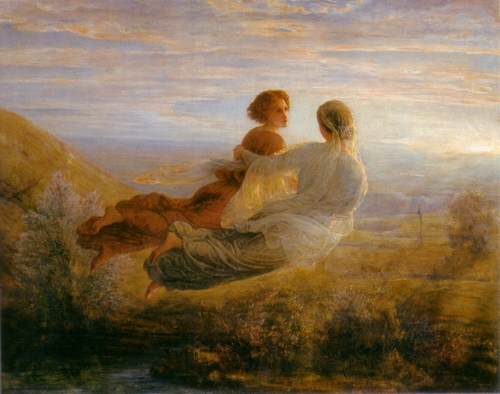
Before Deutsch’s, only two Schubert's catalogues had been published: the first one by Anton Diabelli (the first editor of the composer), in 1852; the second one, by Gustav Nottebohm, in 1874. Both just include the published works, they are therefore incomplete; The works are identified by their opus number (the last is Op. 167, published in 1867). In theory, the numbering refers to the publication date, but the order isn't precise. For example, Erlkönig, Op. 1, was published in 1821; the publication dates remain consistent until we reach Die Forelle, Op. 32, published in 1820.
Otto Deutsch ordered Schubert's works chronologically according to the composition date, from the Fantasy in G Major, D. 1, a piece for piano four hands written in 1810, to Der Hirt auf dem Felsen, D. 965, a Lied composed in 1828. He set the undated works between D. 966 and D. 992, and the more recently found manuscripts (just before closing the edition) between D. 993 and D. 998. Deutsch catalogue was published in 1951, in English, because after the annexation of Austria into Nazi Germany, he exiled; he lived in Cambridge and that year 1951, he returned to Vienna.
The catalogue of a composer cannot be ended while musicologists keep finding new information about him, and the Neue Schubert-Ausgabe (which since 1965 issues a critical edition of his complete works that is expected to be completed this year), published in 1978 a revision of Deutsch’s catalogue. The ordering system was maintained; some mistakenly dated works or newly dated ones were allocated by adding a letter to the number after which they should go. That way Die Taubenpost, which in 1951 was included in the Schwanengesang, D. 957, became D. 956a in 1978. Several appendices (Anhänge) were also added, which include scores of dubious authorship, arrangements or copies. Not that Schubert wanted to pass other composer' works off as his own, he copied or arranged as part of his studies; We should remember that the catalogue includes any score written from Schubert's hand, even the tiniest fragment.
What does the catalogue bring to Schubert lovers? First of all, precision. As I said a few weeks ago, when we talk about a Lied that shares the title and poem with another one, we only can identify it clearly through the catalogue number. If we know its catalogue number, we can also get an idea of when Schubert wrote a work; we only need to keep some numbers and dates in mind. If we know, for instance, that Gretchen am Spinnrade, D. 118, was written in 1814, Die Schöne Müllerin, D. 795, in 1823, and Winterreise, D. 911, in 1827, we can place the D. 59 as an early work, D. 678 as a work written around 1820 and D. 960 as one of Schubert's last works.
There are, of course, besides Otto Deutsch, other names that we quickly relate to a composer. For instance, Mr Ludwig von Köchel, who in 1862 published Mozart's chronological catalogue, or Mr Anthony von Hoboken, the hero who published Haydn's works between 1957 and 1978, structured into categories (if you are looking for Lieder, go into the Hob. XXVIa). Others musicologists were not so lucky and we don't know their names; those who studied Richard Strauss' works, for example. His first catalogue included only his published works, eighty-eight opus; In 1959, ten years after the composer's death, Eric von Asow published two out of three volumes of a catalogue that included the works without opus; Franz Trenner and Alfons Ott completed his work when Asow died and published the third volume; the works included in that second catalogue are identified with the letters AV. But Trenner made a third catalogue, this one chronological and including all works, that was published in 1985 by his son Florian; this catalogue is identified by the letters TrV. The problem is that Trenner's catalogue didn't prevail over the other two and the three of them are commonly used; it's a mess!
An entirely different case is Robert Schumann, whose works are still identified by their opus number, because most of the published one were issued by himself, or by Clara and Brahms after his death, and the archives were carefully kept; only a few works are classified as WoO (Werke ohne Opus, work without opus). The catalogue of Schumann follows, therefore, the order of publication, which doesn't necessarily match up with the order of composition, but in general, it allows us to figure out the date of composition from the opus number.
After this word (or number) puzzle, it's time to listen to a song. Schubert’s, of course. The D. 59 that I mentioned before is a Lied (surprise, surprise!): Verklärung (Transfiguration), written on 4 May 1813. The poem is by Johann Gottfried von Herder, a translation from The Dying Christian to His Soul by Alexander Pope. Schubert was only sixteen and that's one of his first approaches to Todessehsucht; as we know, many more came throughout his life. We're listening to Verklärung performed by Brigitte Fassbaender and Graham Johnson.
Lebensfunke, vom Himmel entglüht,
Der sich loszuwinden müht!
Zitternd-kühn, vor Sehnen leidend,
Gern und doch mit Schmerzen scheidend –
End’, o end’ den Kampf, Natur!
Sanft ins Leben
Aufwärts schweben
Sanft hinschwinden lass mich nur.
Horch! mir lispeln Geister zu:
„Schwester-Seele, komm zur Ruh!“
Ziehet was mich sanft von innen?
Was ist’s, was mir meine Sinnen
Mir den Hauch zu rauben droht?
Seele, sprich, ist das der Tod?
Die Welt entweicht! sie ist nicht mehr!
Engel-Einklang um mich her!
Ich schweb’ im Morgenrot! –
Leiht, o leiht mir eure Schwingen:
Ihr Bruder-Geister, helft mir singen:
„O Grab, wo ist dein Sieg?
Wo ist dein Pfeil, o Tod?
Vital spark of heav’nly flame!
Quit, O quit this mortal frame:
Trembling, hoping, ling’ring, flying,
O the pain, the bliss of dying!
Cease, fond Nature, cease thy strife,
And let me languish into life.
Hark! they whisper; angels say,
Sister Spirit, come away!
What is this absorbs me quite?
Steals my senses, shuts my sight,
Drowns my spirits, draws my breath?
Tell me, my soul, can this be death?
The world recedes; it disappears!
Heav’n opens on my eyes! my ears
With sounds seraphic ring!
Lend, lend your wings! I mount! I fly!
O Grave! where is thy victory?
O Death! where is thy sting?
(Alexander Pope)


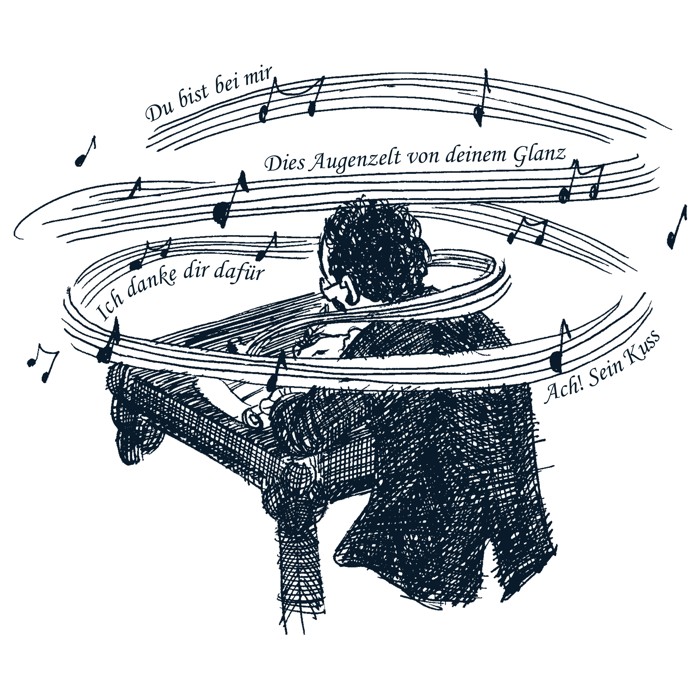





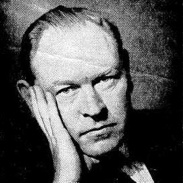

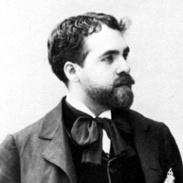
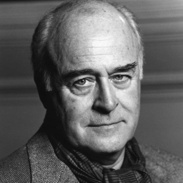







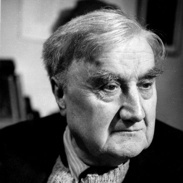








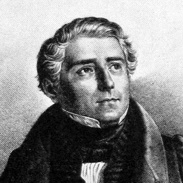


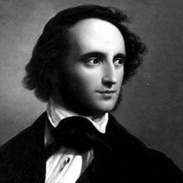

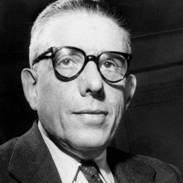
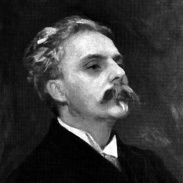

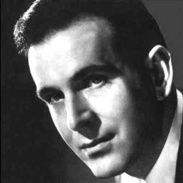
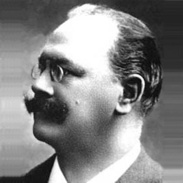

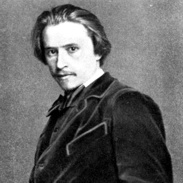


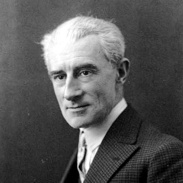

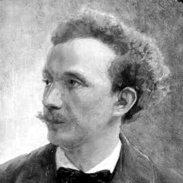
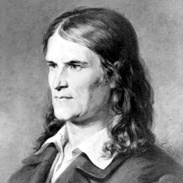


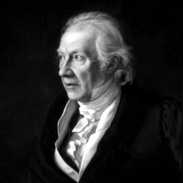






Comments powered by CComment